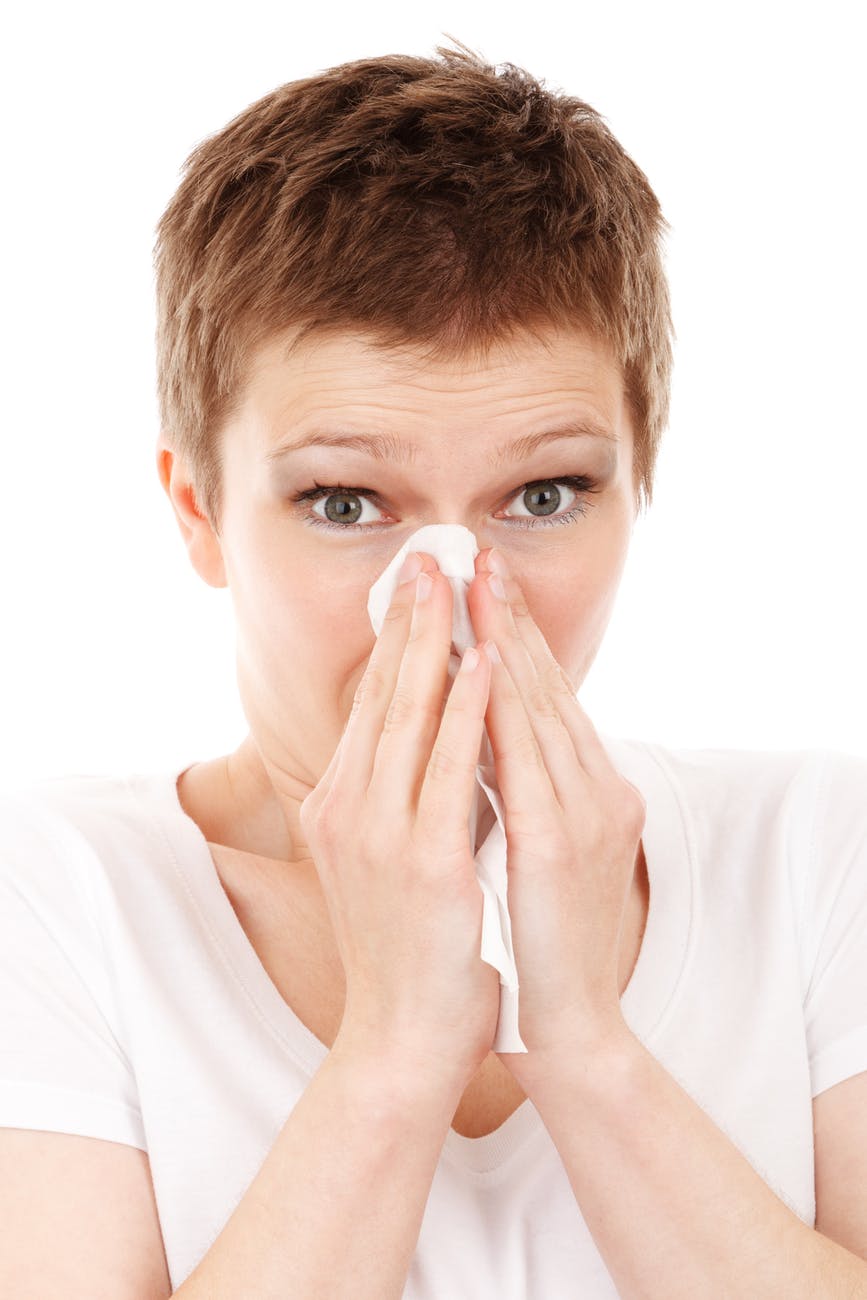
Ginger is one of the most important spices worldwide. For over 2 thousand years Chinese medicine has recommended the use of ginger to help cure and prevent several health problems. It is known to promote energy circulation in the body while positively increasing the body's metabolic rate. Ginger was also widely used by the ancient Romans and it was a very expensive spice, one pound of ginger was equivalent to the price of a whole sheep. Ginger almost became lost in history after the fall of the Roman Empire but became popular again when Europe re-discovered it. Ginger has influenced the history of man since ancient China, wars were waged and entire dynasties rose and fell with the objective of seizing it. The trade of such spices was the root of the world's economy for centuries. Ginger is a herb but is often known as a spice, with a strong distinct flavor that can increase the production of saliva. The part that is used as spice on the plant itself is the rhizomes or ginger root. The health benefits of honey and ginger in treating respiratory problems are unmatched by any other concoction!
✭ antiemetic/antinausea
✭ anticlotting agent
✭ antispasmodic
✭ antifungal
✭ anti-inflammatory
✭ antiseptic
✭ antibacterial
✭ antiviral
✭ antitussive
✭ analgesic
✭ circulatory stimulant
✭ carminative
✭ expectorant
✭ hypotensive
✭ increases blood flow
✭ promotes sweating
✭ relaxes peripheral blood vessels
Though ginger is lauded for its medicinal qualities, it may be difficult for the some people to palette its raw form and ingesting it may require a certain amount of strong will or another less pungent accompaniment. Used as a common cure for congestion and the common cold, raw slices of ginger can be steeped in hot water and brewed as ginger tea. This can also be done by placing dried ginger slices and tea leaves in boiling water and letting the mixture “sit” for a while before adding honey or sugar and drinking it. Lemon can also be added as a variation. This very same treatment can also be used for relieving indigestion and fever as well. Ginger is also touted as being very useful in treating nausea and headaches. This is because of its analgesic qualities and a natural approach to overcoming discomfort instead of taking more popular drugs like Ibuprofen.
Ginger is used in several forms.
☛ Whole raw ginger roots have a pale yellow interior, while the skin color may vary depending on the country of origin. For instance, Jamaican ginger is pale buff, while Indian and African ginger are a darker brown.
☛ Very fresh roots have a light green skin and are usually found in Asian markets.
☛ Preserved ginger is made from young roots that are sliced and canned in heavy sugar syrup.
☛ Pickled ginger is sliced and pickled in vinegar, a common accompaniment to Japanese sushi.
☛ Dried roots are referred to as either black if they're not peeled or white if they are peeled. Dried ginger roots are used to make powdered ginger.
Ginger has many uses in the home remedies department and can be used to help arthritis, diarrhea, flu, headache, heart, and menstrual problems, diabetes, stomach upset and motion sickness.
Apply warm ginger paste with turmeric to the affected area twice a day.
Boil some water and add a dash of cinnamon, a little piece of ginger, 1 tsp honey and drink.
Take a half teaspoonful of ginger powder, a pinch of clove with a pinch of cinnamon powder and honey in a cup of boiled water and drink it as tea.
A teaspoon of fresh ginger juice mixed with a cup of fenugreek decoction and honey to taste acts as an excellent expectorant in the treatment of asthma.
Dilute a paste of ginger powder, about 1/2 a teaspoon, with water and apply to your forehead.
Boil a teaspoonful of ginger powder in one quart of water and inhale the steam—helps alleviate colds.

This method stimulates blood and body fluid circulation, helps loosen and dissolve toxic matter eg. cysts, tumors. Place about a handful of coarsely grated ginger in a cloth and squeeze out the ginger juice into a pot containing 4 liters of hot water (do not boil the water). Dip a towel into the ginger water and wring it out. Apply very hot to the affected area.
Some doctors recommend some drinking ginger in water first thing in the morning to help regulate your glucose level.
Ginger is generally taken in doses of 200 mg every 4 hours.
Ginger is generally taken in doses of 250 to 500 mg 2 to 3 times a day.
Antioxidants react with free radicals in the body, which are responsible for cell damage. There is also some belief in eastern traditional medicine that ginger is also a good aphrodisiac. Interestingly, it is also advisable to take ginger for any menstrual disorders like heavy cramping and a delayed onset, this is interesting to note because most drugs that have the same benefit can induce a period at any time without taking the body cycles into account. There is some evidence and belief that ginger is a good treatment for arthritis. This is probably because of its analgesic qualities and less due to any benefits done to the affected joints. There are no current cures for arthritis, for it is a degenerative condition.
You can harvest your own ginger and grow them at home! The best time to plant ginger is in the spring. Simply buy some fresh ginger roots at a local grocery store or Asian market. Choose a smooth, shiny looking root that has some buds beginning to form. A mature ginger plant will grow between two to four feet tall. Stems and leaves may reach up to a foot long and resemble those of a lily. Harvest ginger roots can either be stored in a dry cupboard or refrigerated for later use.
There are few side effects associated with ginger, but you should still be aware of the risks before consuming any herb.
Most of the common side effects associated with ginger occur in the digestive tract, particularly the stomach and intestines. These side effects rarely occur in low doses but are a greater threat as dosage sizes increase. Side effects include heartburn, diarrhea, oral irritations, burping, heartburn, and upset stomachs. Many of these side effects can be avoided by taking ginger supplements in capsules, such as enteric-coated capsules, which delay the body's digestion of the herb until it enters the digestive tract.
Ginger can prevent blood-clotting in the circulatory system by preventing platelets to clump together. While the number of instances where this has occurred is unknown, it is nonetheless advised by medical experts that individuals avoid taking ginger if they are taking any blood-thinning medications, such as aspirin or warfarin. You may also consider talking to a health care professional about the possible interactions between ginger and blood-thinning medications and take ginger according to doctor's orders.
 While ginger is recommended to help treat nausea related to pregnancy, pregnant or nursing women are advised to take no more than one gram of the herb daily. According to the University of Maryland Medical Center, this is enough to effectively treat nausea without posing any health problems to your child.
While ginger is recommended to help treat nausea related to pregnancy, pregnant or nursing women are advised to take no more than one gram of the herb daily. According to the University of Maryland Medical Center, this is enough to effectively treat nausea without posing any health problems to your child.
As far as ginger’s effects on the cardiovascular system, according to the National Institutes on Health, ginger may cause changes in the heart's rhythm, although research definitively confirming this side effect is lacking. Ginger may also cause fluctuations in one’s blood pressure.
There are some dangers of using too much ginger. In order to best avoid toxic side effects, try to consume ginger less than three times in a day. According to MedlinePlus, a medical service of the National Institutes on Health, ginger can interact with numerous other drugs. Antacids can be affected by ginger, which may stimulate the stomach's production of acid. Ginger can affect medications for the heart, antihistamines, cancer treatments and weight loss drugs.
Sources: University of Maryland Medical Center, Medline Plus, HealthDiaries.com, WHFoods.com, HerbWisdom.com
